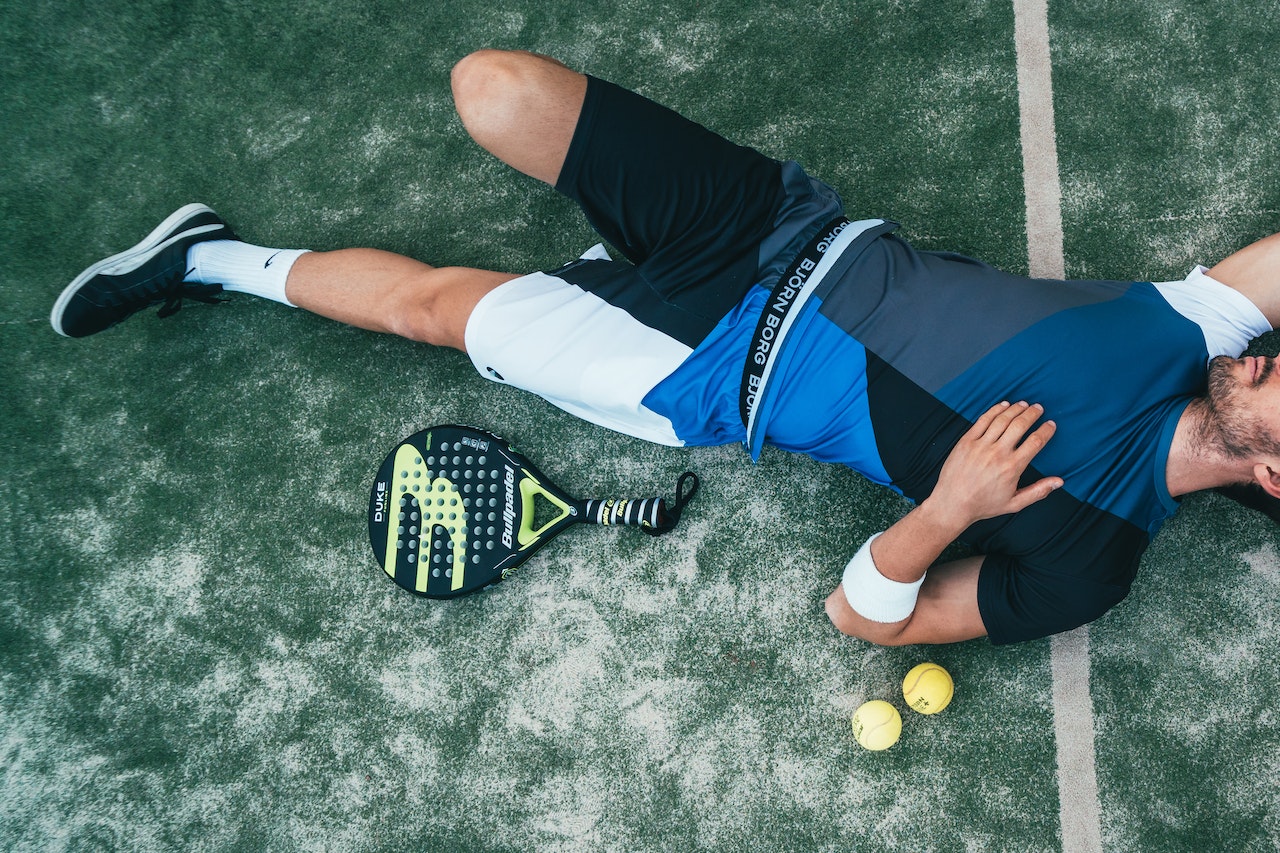Are you struggling to recover from a sports injury? If so, you’re not alone. Millions of people suffer from sports injuries each year. But don’t worry – there are things you can do to help speed up the healing process.
1. Rest
One of the most important things you can do for your health is to take time to rest. When you are constantly on the go, your body never has a chance to recover from the wear and tear of everyday life. Over time, this can lead to serious health problems.
Additionally, when you do get sick, it is important to give your body time to heal. Often, we push ourselves to keep going even when we are not feeling our best. However, this can make us feel worse in the long run. Not only does it delay recovery, but it also puts us at risk for further illness.
2. Ice
Ice is a simple and effective way to treat many injuries. Applying ice to the affected area can help to reduce swelling and pain, numbing the area and providing relief. Ice should be applied for around 20 minutes and can be done twice daily.
It is important to wrap the ice in a cloth or towel to avoid damaging the skin and never apply ice directly to the skin. Ice can be a highly effective treatment for many common injuries when used properly.
3. Compression
Swelling is a common reaction to injury and can often be quite painful. It occurs when fluid collects in the tissues and can lead to further damage if left untreated. One of the best ways to reduce swelling is to apply compression.
This can be done by wrapping the injured area with a compression bandage, which helps reduce the amount of fluid that can build up. This, in turn, can help to reduce pain and prevent further damage. Compression can also help improve circulation and speed up the healing process.
4. Elevation
When you’re injured, it’s important to take care of the area so it can heal properly. One of the key things you can do is to keep the area elevated. This helps to reduce swelling by keeping the injured area above heart level.
When swelling occurs, it’s because fluids are rushing into the area. By keeping the area elevated, you help to reduce the amount of fluid that can enter and cause swelling. Additionally, elevation can also help to reduce pain and inflammation.
5. Pain Medication
For many people, over-the-counter pain medication is a lifesaver. It can help to ease headaches, muscle aches, and other types of pain. However, it is important to use these medications safely and correctly.
The first step is to choose the right medication for your particular type of pain. For example, ibuprofen is effective for inflammation, while aspirin can help to relieve headaches. It is also important to take the medication as directed. Finally, watch for side effects, and stop taking the medication if you experience serious problems.
6. Physical Therapy
Many people are familiar with the term “physical therapy,” but they may not be clear on what it entails. Physical therapy is a type of rehabilitation that uses exercises and other activities to help people regain strength and movement after an injury or illness.
It can be used to help people recover from a wide variety of conditions, including strokes, broken bones, and spinal cord injuries. While some people may only need a few sessions of physical therapy, others may need ongoing treatment to maintain their progress.
7. Sleep
Sleep is essential to good health, yet many people do not get enough of it. Sleep helps to rejuvenate the body and mind and is crucial for good health. Additionally, sleep can help to improve mood, memory, and concentration. If you are having trouble sleeping, you can do a few things to improve your sleep habits:
- Avoid caffeine and alcohol before bed.
- Establish a regular sleep schedule and stick to it as much as possible.
- Create a relaxing bedtime routine that will help you wind down at the end of the day.
8. Nutrition
Proper nutrition is essential for good health. Eating a balanced diet helps to ensure that your body gets the nutrients it needs to function properly. When you’re injured, eating a healthy diet is important to help your body heal.
Eating plenty of fruits and vegetables, whole grains, and lean protein can help you recover from an injury more quickly. Additionally, drinking plenty of water is crucial for good health and can help to reduce swelling.
9. Supportive Devices
You may need to use a supportive device such as a cane, crutches, or a brace if you’ve been injured. These devices can help you to stay mobile and avoid further injury. Be sure to follow your doctor’s instructions on how to use the device correctly.
10. Complementary and Alternative Medicine
There are a variety of complementary and alternative therapies that can be used to treat injuries. These therapies use the body’s natural healing abilities to promote recovery. Some examples of these therapies include acupuncture, massage, and chiropractic care. CBD concentrates, essential oils, and herbs can also help treat injuries. Be sure to talk to your doctor before trying any new therapy.
Bottom Line
The best way to avoid injury is to take precautions to prevent them from happening in the first place. If you play sports, wear the proper safety gear. If you’re lifting heavy objects, use proper form to avoid strain on your muscles. And if you’re doing any activity that puts you at risk for injury, be sure to warm up and stretch first.

